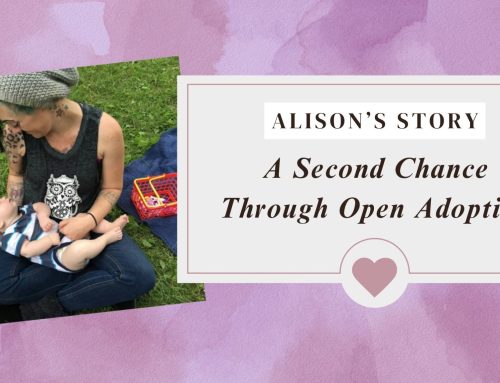It is important to respect others cultural background, especially when it comes to your own child. For adoptive parents it is important to introduce your family’s culture equally with embracing the child’s “birth culture.” Here’s just a few ways to celebrate and honor your child’s birth culture at home.
Books/Movies/TV Shows:
It is not enough to just talk about your child’s background, they need to see evidence that they are acknowledged in the media. For instance, if your child was born in China you may want to stock up on children’s books on Chinese folktales and history. Good reads created of list of a plethora of books for to read to your little one. Aside from touching on Chinese culture bring home books revolving around a story about an adoptee from your child’s country. Creating A Family has a great reference guide on their website of book listings geared towards children of many different cultures.
Some great children’s shows that incorporate adoption and adoption-positive terms include: Despicable Me, Doc McStuffins, Jessie (appropriate for viewers 10+), Sesame Street and Jim Henson’s Dinosaur Train.
Traditional Dishes:
Search out supermarkets and restaurants that are serve traditional meals and groceries from your child’s birth country. Your child will be introduced to traditional meals from their native country. Cooking and baking traditional meals from different countries not only educates the adoptee, but the rest of the family will enjoy this as well. Your family would have perhaps never heard or tasted that Lithuanian dish before!
Community and Social Circle:
When a prospective adoptive parent is thinking about adopting a child of a different culture, diversity in the community is critical. Diversity within your community and friend group is especially needed in trans-racial adoptions. For example if a Caucasian family adopted a black child from Chad, living in a predominantly Caucasian could be awkward for them at times. No one wants to feel like an outsider by default at times. This is why it is important to network with other adults and parents from your child’s birth culture. This network of people could inform you about different elements of their culture that could not find on Google. Plus there are many benefits to children finding mentors who are from the same culture.
Cultural Celebrations:
Celebrating different holidays that are from your child’s birth country means a lot to them. Aside from showing respect to the child you adopted from another culture, it could a great family bonding experience. If you adopt a child from France you could celebrate Bastille Day on July 14th by throwing a party.
Learning the the native Language of Your Child’s Culture:
Let’s say you adopt a child who’s heritage is Greek, however they were born in the united States. While you may not speak a lick of Greek, as a parent it is a great time to learn a new language and introduce it to your child. From the time your child is young you could introduce a few words for things they commonly recognize. Not only will this give your child knowledge of another language, it will show the birth family that you respect his/her ancestral roots and heritage.
Home Decor:
Many different cultures have some sort of object or decor piece that can be commonly found in most home . The home should reflection of both the adoptive parents AND the child’s cultural heritage. As parents place certain cultural decor pieces throughout the house, they must know the history behind the object. Children are very inquisitive and look to their parents for answers. If an adoptive parent places a Mexican sugar skull somewhere in the home without knowing its history and purpose during Dias de Los Muertos, the adoptive parent looks disingenuous. You need to show your child that you have an authentic interest in their birth culture.
Toys:
Although toys seem like a trivial aspect to showing your child that you honor their culture, as a child grows even the littlest thing has the biggest impact. If you adopt a child of Indian descent, it will send mixed messages if you are constantly gifting them Caucasian dolls. Giving your child toys that do not reflect their heritage could trigger more insecurities. The last thing you want is for your child to feel like an outcast in the family.
Parents should also introduce them to popular toys native to their birth culture. For example, if your child is of Russian descent it would be nice to give them a Matryoshka doll.




